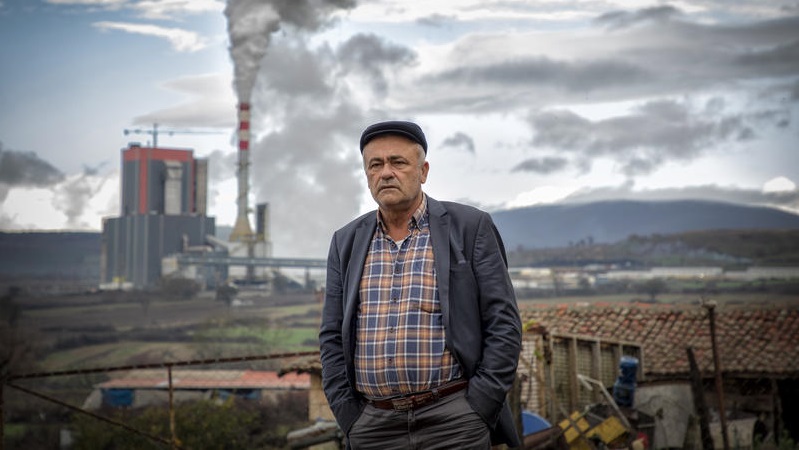Turkey’s parliament ratified the Paris Agreement on Wednesday, more than five year after it signed the treaty.
The move comes days after the government’s cabinet approved a goal to reach net zero emissions by 2053.
Ozlem Katisoz from Climate Action Network Europe told Climate Home News: “A new era begins. It’s a very positive development. We have a foundation now for ambitious climate action.”
Turkey’s ratification means just five countries have yet to ratify the agreement – Iran, Iraq, Eritrea, Libya and Yemen.
But in a declaration approved by lawmakers alongside the text of the Paris climate treaty, Turkey unilaterally declared that it would implement the accord “as a developing country” despite its developed country status in the UN climate convention.
The dispute over Turkey’s status is the reason it held out formally endorsing the agreement. Although it signed up to the climate convention as a developed nation, the government has repeatedly argued that it is a developing country and therefore should be allowed to access climate finance – a privilege of the status.
Speaking at the UN general assembly last month, president Recep Erdoğan said Turkey hadn’t ratified the agreement “due to the injustices related to state obligations and burden sharing”.
But following “progress made within the framework of the [Paris] agreement recently”, Turkey would ratify the accord “in conformity with the positive steps which will be taken,” he told the assembly.
A source with knowledge of Turkey’s position told Climate Home News that increased efforts in aligning finance flows with the Paris Agreement eventually may have convinced Erdoğan that ratification could attract more funds for cutting emissions and building resilience than the country receives today.
While Turkey is currently unable to access multilateral climate finance from sources like the UN’s Green Climate Fund, it has received substantial funding from EU institutions. Between 2013 and 2016, Turkey was the main recipient of EU funding, receiving an average of €667 million ($770m) a year, according to data by ACT Alliance. This dropped to around €244m ($282m) in 2018.
The source added that the decision to ratify the accord may mitigate some adverse impacts of the EU’s planned carbon border tax.
But the issue of Turkey’s status remains unresolved. At Cop26, Turkey is expected to try and persuade other countries to support its categorisation being changed. “Finding support for this is still highly unlikely,” the source said.
In parallel to ratification, the Turkish cabinet has approved a goal to reach net zero emissions by 2053, a target which Turkey discussed with the UK, France and Germany on Saturday.
Climate Action Tracker analyst Ryan Wilson said the target was “definitely impressive” especially compared to the government’s current “woefully inadequate” climate plan.
Turkey’s deputy environment minister Mehmet Emin Birpinar told Climate Home the 2053 date was chosen because it marks the 130th anniversary of the Turkish Republic.
The strategy for meeting this target will be developed early next year, he said. “We have to know what to do. Which sector, which ministry, which NGO…We have to show them the pathway to the 2053 target”.
The vast majority of Turkey’s emissions are from its energy use. The country gets over a third of its electricity from burning coal and has one of the world’s largest order-books for new coal power stations.

Turkey gets over a third of its electricity from coal, in light blue (Photo: IEA/Screenshot)
Katisoz, of CAN, said: “Turkey can announce no new coal and can declare a date for coal exit. It is the quickest way to reduce emissions by 2030 and to get to the 2053 pathway”.
Analysis released last month by Ember found that building a new wind or solar park in Turkey is cheaper than any coal power plant which relies on imports.
WRI Turkey’s building expert Meltem Bayraktar said that most of Turkey’s buildings need renovating as they were constructed before energy codes were introduced in the 2000s.
About a quarter of Turkey’s energy use is from transport, mainly on the roads. WRI Turkey’s transport expert Celal Tolga Imamoglu said the government should encourage scrapping the sale of old diesel and petrol cars and encourage walking, cycling and public transport.
